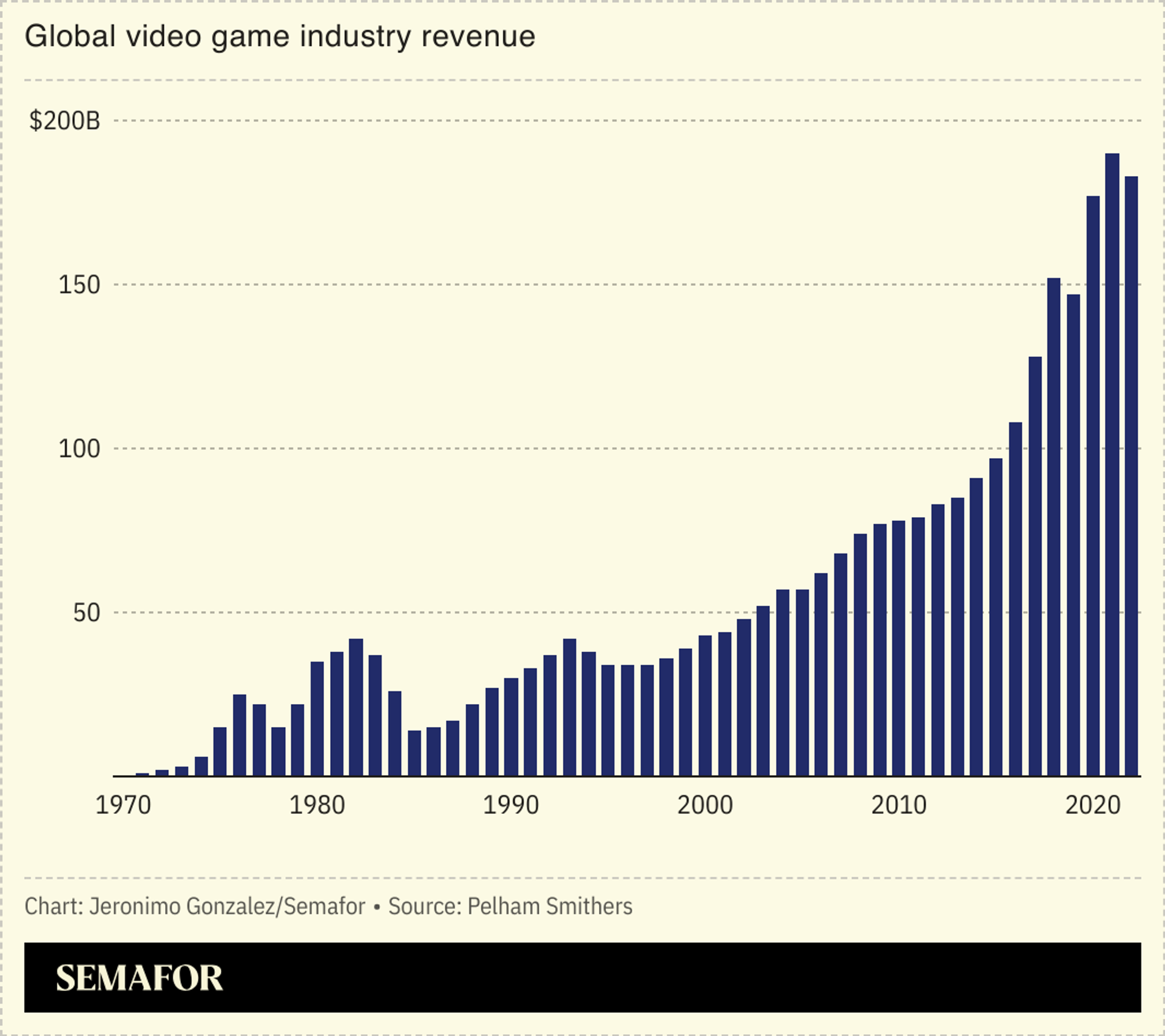The News
More than 160,000 members of the Screen Actors Guild will stop taking on video-game voice acting projects after negotiations broke down over a new contract.
The guild’s provisions govern both voice and movement performance, and cover not only using those performances as the basis for new ones, but also the use of AI to create entirely new performances.
Video-game actors say industry negotiators’ proposals don’t offer protection for behind-the-scenes “motion capture” work that doesn’t involve faces or voices. “They just consider us data,” a member of SAG-AFTRA’S negotiating team told NPR.
“We are disappointed the union has chosen to walk away when we are so close to a deal, and we remain prepared to resume negotiations,” the spokesperson for video game producers party to negotiations said in a statement, adding that their offer “extends meaningful AI protections that include requiring consent and fair compensation” to performers.

SIGNALS
The video game industry could take more of a hit than Hollywood did
Fears about AI’s impact on acting brought the film and TV industry to a four-month standstill last year. But with the holiday season fast approaching, the video-game industry could take even more of a hit, as November and December traditionally account for about half of annual sales, an expert on the business told the Los Angeles Times. In the short-term, live games could be affected, as they “rely on constant refresh to maintain their relevance,” SAG-AFTRA’s chief negotiator told the BBC. However, all games that began production before Aug. 2023 are exempt from the strike, and most big online games were made before then, the BBC noted.
The strike could leave British video gaming particularly vulnerable
UK-based SAG-AFTRA members aren’t compelled to strike, so US companies could start hiring British talent to circumvent the action, Luke Skywalker voice actor David Menkin told the BBC. But solidarity may stretch across the Atlantic: Last year’s Hollywood strikes temporarily shuttered production on the set of Wicked in London and saw big names turn out to a central London rally. The UK gaming industry could also face “harsh repercussions,” however, if American companies try to manage the fallout by instead turning inward, which would fuel a “mass exodus of [British] talent and capital,” the founder and CEO of UK-based Green Man Gaming argued in Fortune.

